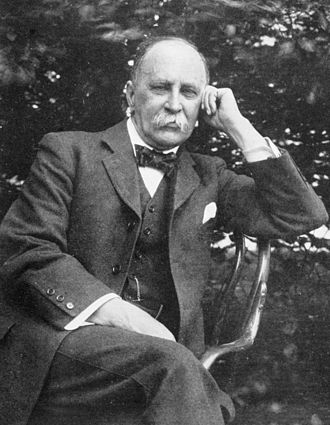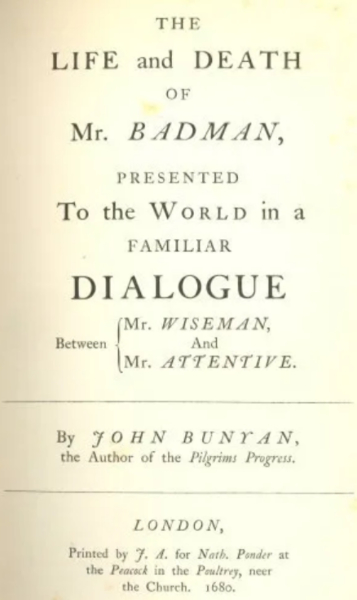Today, Dr. Osler’s Sympathetic Vibration. The University of Houston presents this series about the machines that make our civilization run, and the people whose ingenuity created them.
Sir William Osler, the revered Canadian physician and medical humanist, was a great admirer of the ways in which medicine and the humanities intersect. “The secret of inspiration in any literature,” he wrote, “is the capacity to touch the chord that vibrates in a sympathy that knows nor time nor place.

Touching that vibrating chord of sympathy was exactly what Osler sought throughout his distinguished career. His writings are peppered with literary allusions from poetry and drama and stories.
But my guess is that most of us don’t always know the exact source of the references, so we miss some of the richness of meaning that would have been second nature to Osler, and to his readers.
Here’s just one example, and I’ll read Osler’s reference first:
One of the most widespread and fatal of all acute diseases, pneumonia, has become the “Captain of the Men of Death.”
Okay, we get the general sense here – pneumonia, also called consumption, is a leading cause of death – but why that particular phrase?
Well, “Captain of the Men of Death” appears in John Bunyan’s book published in 1680 and titled, “The Life and Death of Mr. Badman.” This is a moral tract, so listen up now.

Mr. Attentive says, “Pray, of what disease did Mr. Badman die?
And Mr. Wiseman replies: I cannot so properly say that he died of one disease, for he was dropsical, he was consumptive, he was surfeited, was gouty, and, as some say, he had a tang of the pox in his bowels. Yet the captain of all these men of death was the consumption, for it was that that brought him down to the grave.
Right: now we know the primary cause of death was consumption; that is, pneumonia. And now we come to the moralism. Mr. Wiseman continues:
He was not an old man nor feeble when he died, but strong and of a healthy complexion. Yet, he moultered away, and went rotten to his grave. And that which made him stink when he was dead, was that he was a man whose life was full of sin, and whose death was without repentance: blemishes sufficient to make him stink indeed.
So Bunyan makes a connection here between disease and morality (sound familiar?). Osler, though, is not making a moral judgment, but instead paints an image of pneumonia as a particularly nasty disease, and uses Bunyan’s vivid phrase to illuminate his point.

He was a great and wise teacher, Sir William Osler. This is, after all, the man who once said to his students, “Keep your mouth shut. Instead, look wise, say nothing, and grunt.” We could do worse than to follow the good doctor’s orders.
I’m Megan Cole, for the University of Houston, and I’m interested in the way inventive minds work.
(Theme music)
End Notes:
Principles and Practice of Medicine by Sir William Osler, D. Appleton & Company, 1909
The Life and Death of Mr. Badman: An Analysis of a Wicked Man's Life, as a Warning for Others, Presented to the World in a Familiar Dialogue Between Mr. Wiseman and Mr. Attentive by John Bunyan, Nathaniel Ponder publisher, 1680.
The American Osler Society is a group of physicians, medical historians, and members of related professions united by the common purpose of keeping alive the memory of William Osler, and keeping its members vigilantly attentive to the lessons found in his life and teachings.
A note on the word "consumption": It first appeared in the 14th century to describe any potentially fatal wasting disease --- that is, any condition that "consumed" the body. But over time it came to apply more specifically to tuberculosis.
Although the word "tuberculosis" first appeared in 1860, it wasn't until 1882 that German physician Robert Koch identified the rod-shaped bacterium that caused the illness." (Slate online magazine, June 5, 2001)
John Bunyan wrote his book in 1680, long before the word tuberculosis appeared, so when he wrote of "the Captain of the Men of Death", he was referring to a virulent wasting disease known as consumption. And Osler, writing in 1892, used Bunyan's phrase to refer to -- and deepen our understanding of -- the virulent wasting disease known as pneumonia.
So the phrase refers not to a particular disease, but rather describes ANY potentially fatal, nasty, virulent wasting disease: in Osler's case, pneumonia.